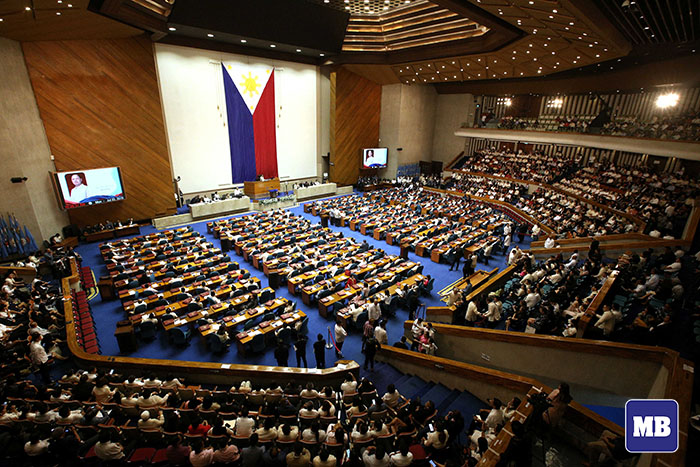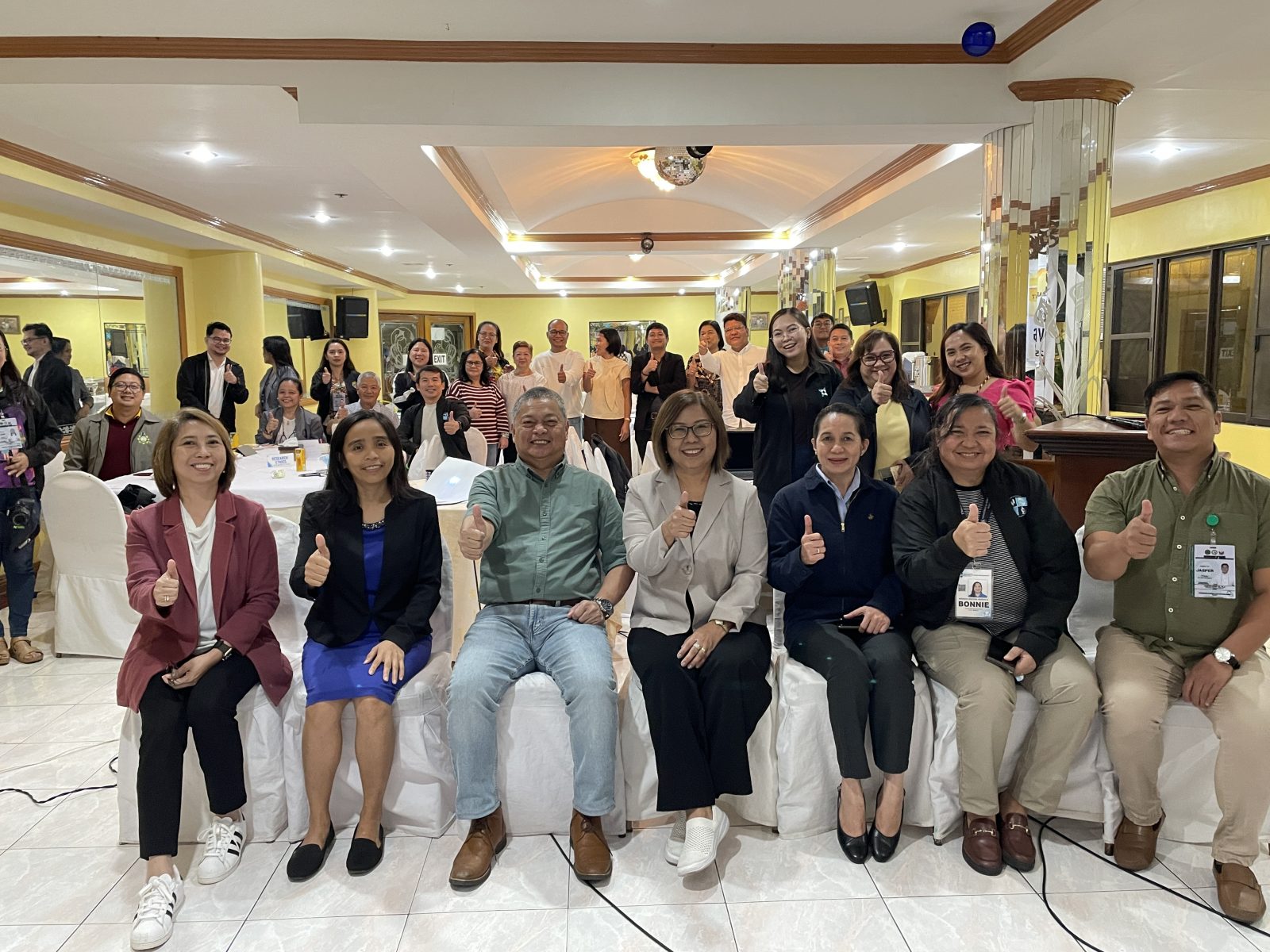House of the Representatives (ALVIN KASIBAN / MANILA BULLETIN / FILE PHOTO)
The House Committee on Health on Tuesday approved a consolidated bill establishing the Philippine eHealth system and services using information and communications technology in the country to support the government’s implementation of the Universal Health Care (UHC) Law.
The House panel, chaired by Quezon Rep. Angelina Tan, passed the still unnumbered measure, which was a consolidation of four measures.
It was Bohol Rep. Alexie Tutor, vice chairperson of the panel, who moved for the approval of the consolidated bill.
Nueva Ecija Rep. Maricel Natividad-Nagaño, chairman of the technical working group (TWG) that consolidated the four bills, sought the approval of the proposed eHealth System and Services Act of 2019.
“eHealth bill is essential even if it is already included in the implementing rules and regulations of the Universal Healthcare Law since the bill is more comprehensive and major provisions are to be included such as Knowledge Management and Information Technology (KMITS) into a bureau; regulation of the healthcare providers which will provide telehealth services; the regional and local implementation of eHealth system; and continuous investment and financing of eHealth initiatives,” she said.
She presented the TWG report on the measure before the mother panel.
“It is my fervent hope that this substitute bill as recommended by the TWG, be approved by this body, ” Natividad-Nagaño said.
The consolidated bill seeks to institutionalize a system of providing wide access quality healthcare information and services through electronic means using information and communication or eHealth technologies resulting in improved heath outcomes for every Filipino.
Before the approval of the measure, Misamis Occidental Rep. Diego Ty moved that House Bill No. 8 or the proposed “Health Passport System Act,” principally authored by House Speaker Alan Peter Cayetano, be treated as a separate bill from House Bills 61, 171, 665, and 4899.
The Tan panel initially consolidated Cayetano’s bill with the four bills establishing the Philippine eHealth system and services
“Because of the complexity of these bills, in behalf of Speaker Cayetano, [I move that ] we pass House Bill 8 separately from all other bills. We will pass this separately because of the complexity of these bills. We will integrate this later upon implementation, ” Ty said.
Cayetano’s bill entitles all Filipino citizens to a Health Passport, which will be used during medical and dental check-ups or treatment in government of private medical institutions.
HB 8 seeks to establish the national health passport system and strengthen the primary healthcare system.
The Tan panel agreed with Ty’s proposal and proceeded with the approval of the proposed eHealth System and Services Act of 2019.
Under the consolidated bill, the DOH is mandated to strengthen and transform its existing Knowledge Management and Information Technology (KMITS) into a full-fledged bureau and rename it as Knowledge Management and Health Information Technology Bureau.
The Bureau is mandated to perform the overall management and administration of the proposed Act and shall serve as the secretariat of the eHealth Policy and Coordination Council (eHPCC), which shall be created under the bill.
Under the bill, eHPCC is mandated to provide and promote relevant policies and guidelines for the effective coordination and implementation of the proposed Act.
The Council shall be chaired by the DOH Secretary and co-chaired by Secretary of the Department of Information and Communications Technology (DICT) and president and chief executive officer of the Philippine Health Insurance Corp. (PHilhealth).
It is expected to establish eHealth policies, standards, regulations and ethical frameworks pertinent to use, practice and provision of eHealth services; and direct and coordinate the eHealth services and applications at the national level and ensure alignment of the system and services with the overall health and ICT goals of the government.
The bill requires the DICT, in coordination with the DOH, Philhealth and Department of Science and Technology (DOST) to establish the necessary national ICT infrastructure to implement eHealth services and applications.
The Philhealth, under the bill, is mandated to establish and main the National Health Data Center and implement an agile and sustainable data management and governance framework and system in support to UHC Law and in compliance with RA 10173, otherwise known as the “Data Privacy Act of 2012” for data protection.
The amount needed for the initial implementation of the proposed Act shall be taken from the current fiscal year’s appropriation of the DOH for health information technology. For the succeeding years, the amount shall be based on the strategic plan formulated by the Council and shall be included in the National Expenditure Program (NEB) as basis for the General Appropriations Bill (GAB).
The DOH Secretary is tasked to promulgate the implementing rules and regulations of the proposed Act within 90 days from its effectivity.








